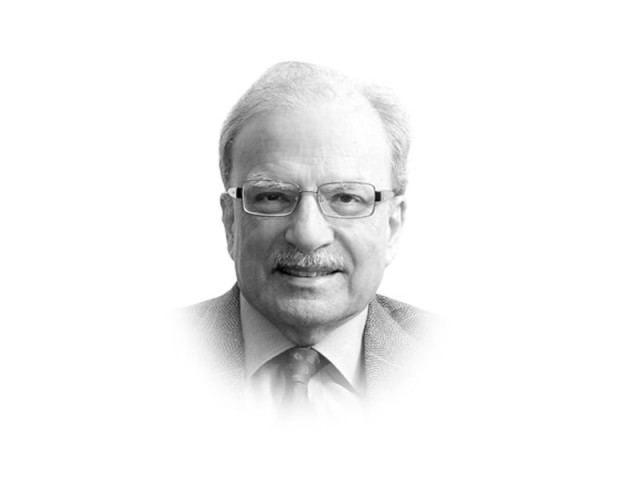Good governance issues in South Asia
Pakistani concerns are entirely on different aspect of governance, on lack of quality legal and judicial systems.

The much stronger Indian political system would have been able to deal with the adverse distribution consequences of rapid growth if another perception had not gained ground — that some of what made the rich very rich were not the consequences of risk-taking entrepreneurship, but the monetisation of close contacts with the policymakers. This group includes India, but not Bangladesh and Pakistan.
India, of course, produced in quick successions two egregious examples of the personal wealth created because of influence over government policymaking. The first was the estimated loss to the government of perhaps as much as $40 billion by the grant of mobile phone licenses to a number of companies favoured by the minister in charge in the government headed by Prime Minister Manmohan Singh. Under pressure from the citizenry, the minister had to resign his position and landed in jail. This “large amount of money for favours” episode happened under the watch of the prime minister representing the Congress. But it quickly turned out that such practices were not confined to one political party. Soon after the mobile-phone scandal became public, it came to light that governing members of the opposition Bharatiya Janata Party had their hands in the till as well.
There are deep concerns about the quality of governance in Pakistan as well. However, since the economy has been stagnating, there are not many rewards of growth that can be captured by narrow and powerful political elite. The Pakistani concerns are focused entirely on different aspect of governance. It is on the absence of quality governance by the legal and judicial systems. Those in Pakistan, who have focused on this aspect of good governance, have concentrated their efforts on ensuring judicial autonomy and on the reform of the legal system where it comes into contact with the common citizenry. The activists have been more successful in obtaining some movement in the former case — judicial autonomy — than in the latter, reform of the legal system.
The country’s sordid political history when the senior judiciary — the provincial high courts and the Supreme Court — were quick to give cover to palpable misuse of executive power to ride roughshod over the constitution of the day created a powerful precedence. This trend started under Chief Justice Muhammad Munir in the 1950s when he brought forward the “doctrine of necessity” to justify the dismissal of the constituent assembly by Governor-General Ghulam Muhammad. This line of thinking was happily followed by a number of successor courts when called upon to rule over the acquisition of authority by the executive at the expense of the legislature — sometimes also at the expense of the judiciary itself.
This has led to the growth of two very different citizens movements in these two South Asian countries. The focus in India in the campaign led by Anna Hazare, a Gandhian, is focused on creating an accountability mechanism that will be free of influence of the executive and legislative branches of the government. In fact, it will also have a degree of autonomy from the judiciary, the third arm of the government. If the Hazare movement succeeds in achieving its immediate objectives, it will have consequences for the working of the Indian democracy. This worries even the liberal community in India and also liberal watchers outside the country. In Pakistan, however, the concentration of citizen’s effort has been on getting an autonomous senior judiciary to watch over the working of the executive and legislative branches of government. The activists seem to have concluded that given the country’s poor record with accountability mechanisms, concentrating on judicial independence is the way to go.
Published in The Express Tribune, September 12th, 2011.



















COMMENTS
Comments are moderated and generally will be posted if they are on-topic and not abusive.
For more information, please see our Comments FAQ